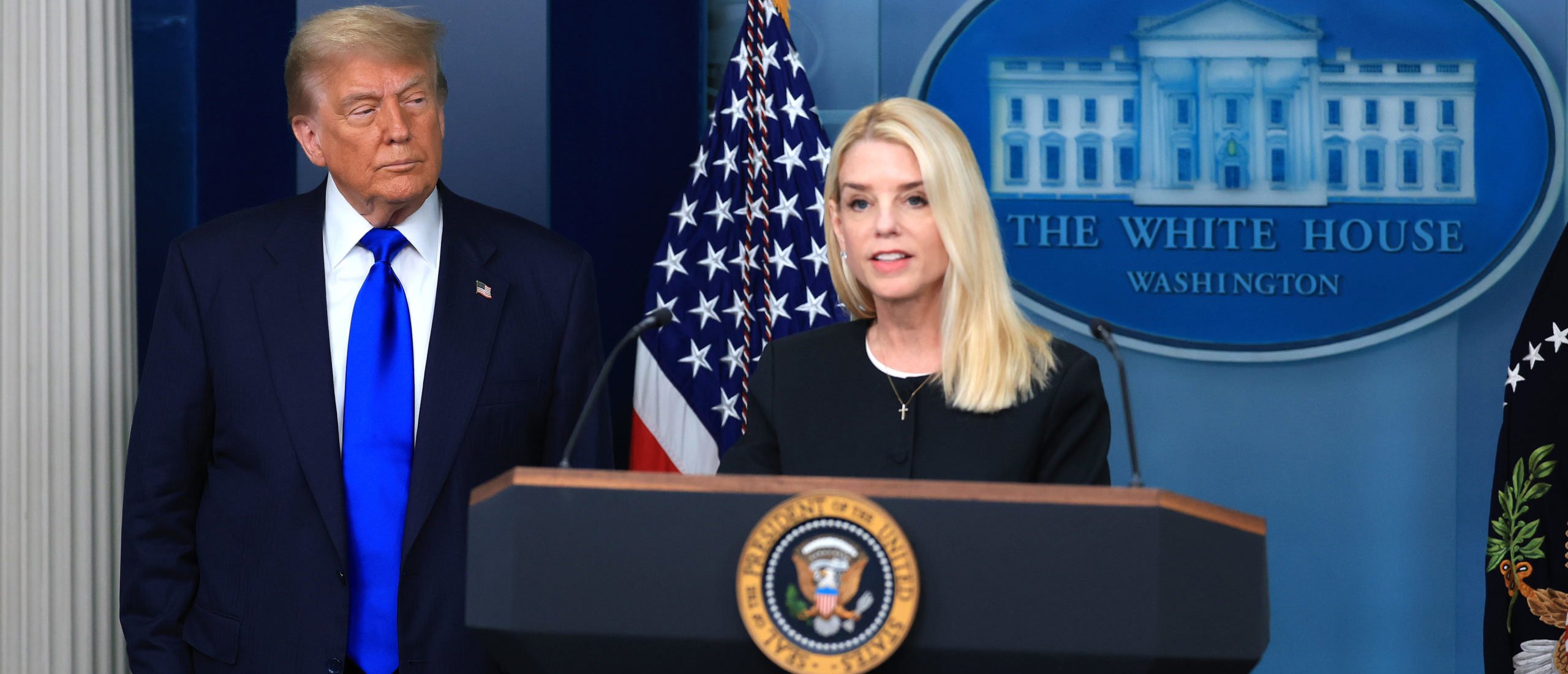The faculty senate at the University of Virginia (UVA) has expressed a significant loss of trust in the institution’s Board of Visitors, passing a no-confidence resolution on June 27, 2023. This action follows a series of events linked to the resignation of former president Jim Ryan, who is reported to have faced pressure from the Trump administration regarding his support for diversity, equity, and inclusion (DEI) initiatives.
The resolution, which passed with a vote of 46-6 and included eight abstentions, highlighted the senate’s disappointment over the board’s failure to safeguard the university against external influences. According to the resolution, the Board of Visitors is tasked with protecting UVA’s integrity, yet it allegedly succumbed to outside pressures, notably from the Department of Justice (DOJ), which threatened to withhold funding unless Ryan resigned.
“The Faculty Senate expresses no confidence in the Board of Visitors for not protecting the University and its president from outside interference,” the resolution stated. It also criticized the board for neglecting to consult the senate during this crisis, actions deemed inconsistent with its responsibilities outlined in the Code of Virginia.
The controversy surrounding Ryan’s departure stems from allegations that the Trump administration demanded his resignation following an investigation into UVA’s handling of DEI programs. The DOJ reportedly raised concerns that the university was improperly using these initiatives, prompting the board’s response.
Ryan officially announced his resignation on June 27, 2023, and his departure took effect on July 11, 2023. While the no-confidence resolution is primarily symbolic, it raises questions about the governance structure at UVA and the potential for repercussions on university leadership. The faculty senate is now calling for a comprehensive account of the events leading to Ryan’s resignation, including details of the board’s actions during this period.
Critics of the board argue that it allowed external pressures to unduly influence university governance. The faculty senate emphasized that the board’s actions could undermine the president’s ability to guide the institution effectively. UVA, the Board of Visitors, and the faculty senate did not respond to inquiries from the Daily Caller News Foundation regarding the resolution or its implications.
As the situation continues to unfold, the faculty’s call for transparency highlights a growing concern about the influence of political considerations on academic institutions. The university community is now left to grapple with the ramifications of these developments and the future direction of UVA’s administration.
